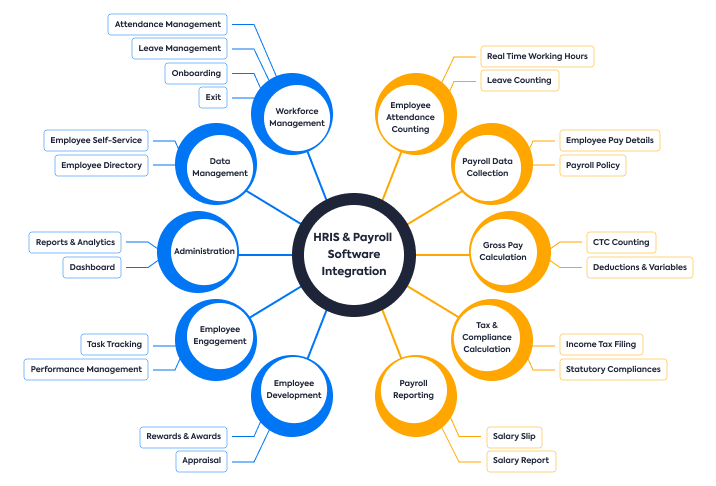In today’s digital age, writing has evolved far beyond traditional pen and paper. With the advent of tablet technology, writers, students, and professionals alike are exploring new ways to enhance their writing experience. Tablet-based writing has rapidly become a favorite tool for many, offering unparalleled convenience and efficiency. At TabletWritings.Com, we delve into the growing trend of tablet-based writing and provide insights into how these devices are transforming the way we write.
The Rise of Tablet-Based Writing TabletWritings.Com Blog
Tablets are no longer just for browsing the internet or watching videos. They have transformed into powerful tools for creative professionals, educators, and casual writers. With the development of stylus technology, tablets like the Apple iPad Pro, Microsoft Surface, and Samsung Galaxy Tab have brought writing into the digital realm in a way that feels natural and intuitive. The ability to write directly on the screen with a stylus makes it feel like you’re using paper, but with added benefits like instant access to digital tools, organization options, and cloud storage.
Key Benefits of Tablet-Based Writing
- Portability Tablets offer the convenience of portability that traditional writing tools cannot. Writers no longer have to carry around bulky notebooks or pens. Whether you’re traveling or sitting in a café, a tablet gives you the ability to write whenever inspiration strikes, without the burden of extra weight.
- Customization and Flexibility Tablet-based writing gives you flexibility in your workflow. You can use various apps like GoodNotes, Notability, or Microsoft OneNote, each offering a set of features tailored to different writing needs. From sketching diagrams to annotating documents and creating complex notes, these apps enhance your writing experience with tools like text recognition, highlighting, and multimedia integration.
- Enhanced Organization Tablets provide a level of organization that physical notebooks simply cannot. You can categorize and store your writings by subject, date, or project. Apps also allow for easy search functions, which means you can quickly find specific notes or thoughts, a feature not available in traditional notebooks.
- Handwritten to Digital One of the standout features of tablet-based writing is the ability to seamlessly convert handwritten notes into digital text. Using styluses like the Apple Pencil, writers can sketch or write freely, and later, their notes can be converted to text with remarkable accuracy, saving time and effort on manual typing.
- Eco-Friendly Writing on a tablet reduces the need for paper, making it an environmentally-friendly choice for those looking to minimize their paper usage. With the ability to store countless notes and documents digitally, the environmental impact of using tablets for writing is significantly lower than traditional methods.
Challenges and Considerations
While tablet-based writing offers a range of benefits, there are some challenges to consider. For one, the learning curve for some apps can be steep, and finding the right tablet and stylus combination for your writing style can require some trial and error. Additionally, tablet screens are not always as responsive or comfortable as pen and paper for some people, particularly during long writing sessions.
Another consideration is battery life. While tablets offer extended usage, the need to recharge frequently can interrupt the writing process, particularly when you’re in the midst of a creative flow. It’s important to keep your device charged or have a power bank on hand for extended writing sessions.
The Future of Tablet-Based Writing
As technology continues to advance, the future of tablet-based writing looks promising. With improvements in stylus precision, screen technology, and app functionality, tablets will become even more powerful tools for writers. We can expect features like real-time collaboration, deeper AI integration for enhanced text recognition, and expanded cloud storage solutions to become standard.
In addition, the growing trend of tablet-based writing in education and professional fields is likely to continue. Tablets allow for interactive, collaborative learning experiences and provide instant access to resources and research materials, making them indispensable tools in modern classrooms and offices.
Conclusion
Tablet-based writing is revolutionizing the way we approach writing tasks. Whether you’re an author, student, or casual writer, the benefits of portability, flexibility, and enhanced organization are clear. While challenges exist, the overall advantages of tablet-based writing are undeniable. As tablet technology continues to improve, it’s safe to say that digital writing will play an even larger role in our daily lives, changing the way we write, share, and create.
At TabletWritings.Com, we will continue to explore this exciting frontier in writing, providing insights and recommendations for those looking to embrace the future of writing with tablets.











